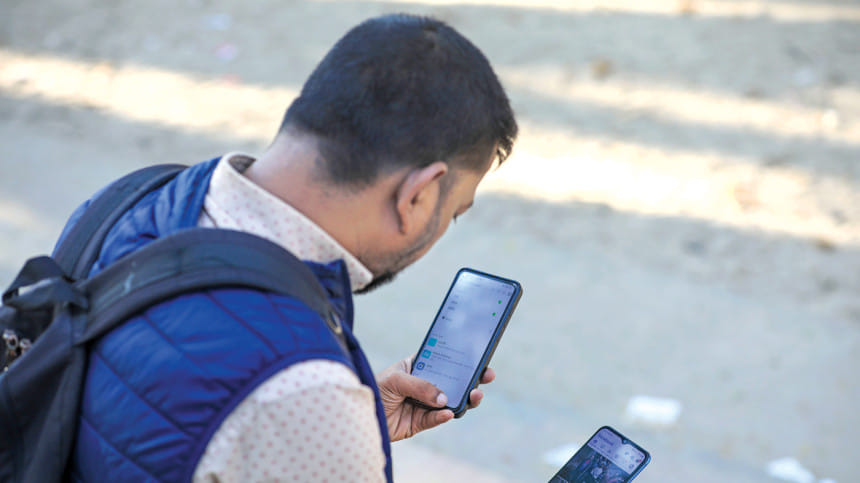Regulator to cap SIM ownership at 10 per user

The Bangladesh Telecommunication Regulatory Commission (BTRC) has decided to reduce the maximum number of SIM cards a user can register under their name from 15 to 10.
As a result of this change, approximately 67 lakh SIM cards registered under 26 lakh users who currently exceed the new limit will be disabled.
This decision was made during a BTRC meeting on May 19 and has already been sent to the Ministry of Posts and Telecommunications for final approval.
According to the telecom regulator, the decision is based on four key reasons: prevention of criminal activities, mitigation of fraudulent activities, customer protection and data privacy, and ensuring national security.
Before taking this step, the commission conducted an internal review, which found that most users do not require so many SIM cards. The review considered issues of national security, unhealthy competition among operators, and international best practices before concluding that a limit of 10 SIM cards per user was appropriate.
The decision is based on four reasons: prevention of criminal activities, mitigation of fraudulent activities, customer protection and data privacy, and ensuring national security
The BTRC introduced the initial cap of 15 in 2017 and updated the registration process in 2022 while keeping the number unchanged.
As of March 2025, the country had over 18.62 crore active SIM cards, while the number of unique registered users stood at 6.75 crore. This means numerous SIM cards are registered under the names of individuals other than their actual users.
According to BTRC data, 80.32 percent of registered users have five or fewer SIM cards, while 16.23 percent hold 6 to 10. Only 3.45 percent of users possess 11 to 15.
The BTRC analysed the usage patterns of five individuals, each of whom had 15 SIM cards registered under their name from three mobile operators.
The findings revealed that these users typically kept only five to six SIM cards active at a time.
The commission concluded that allowing up to 15 SIM cards had incentivised operators to engage in unscrupulous competition, leading to large numbers of unused or redundant SIM cards in circulation.
Its analysis also revealed a worrying pattern: the same user often registers multiple SIM cards in a single day—an indicator of possible fraud or misuse. Some dishonest retailers were found to be storing fingerprints and using them to illegally register extra SIM cards, posing a risk to data privacy and national security.
The BTRC also reviewed SIM card ownership policies in neighbouring countries. In India, the cap is 9 per user. Pakistan allows 5, the Maldives 10, and Indonesia only 3. Sri Lanka and Bhutan, however, do not have specific limits.
In Thailand, the cap is 5 per user; South Korea 5; and Russia 20. However, the United Kingdom, Japan, and China haven't specified any limits.
Shahed Alam, Robi's chief corporate affairs officer, said the limit of 15 SIM cards was set for valid reasons, including the growing need for SIMs in IoT devices and social realities such as women's limited access to registration centres.
"Such decisions should involve consultation so that a consumer-friendly policy can be adopted," he said.

 For all latest news, follow The Daily Star's Google News channel.
For all latest news, follow The Daily Star's Google News channel. 



Comments